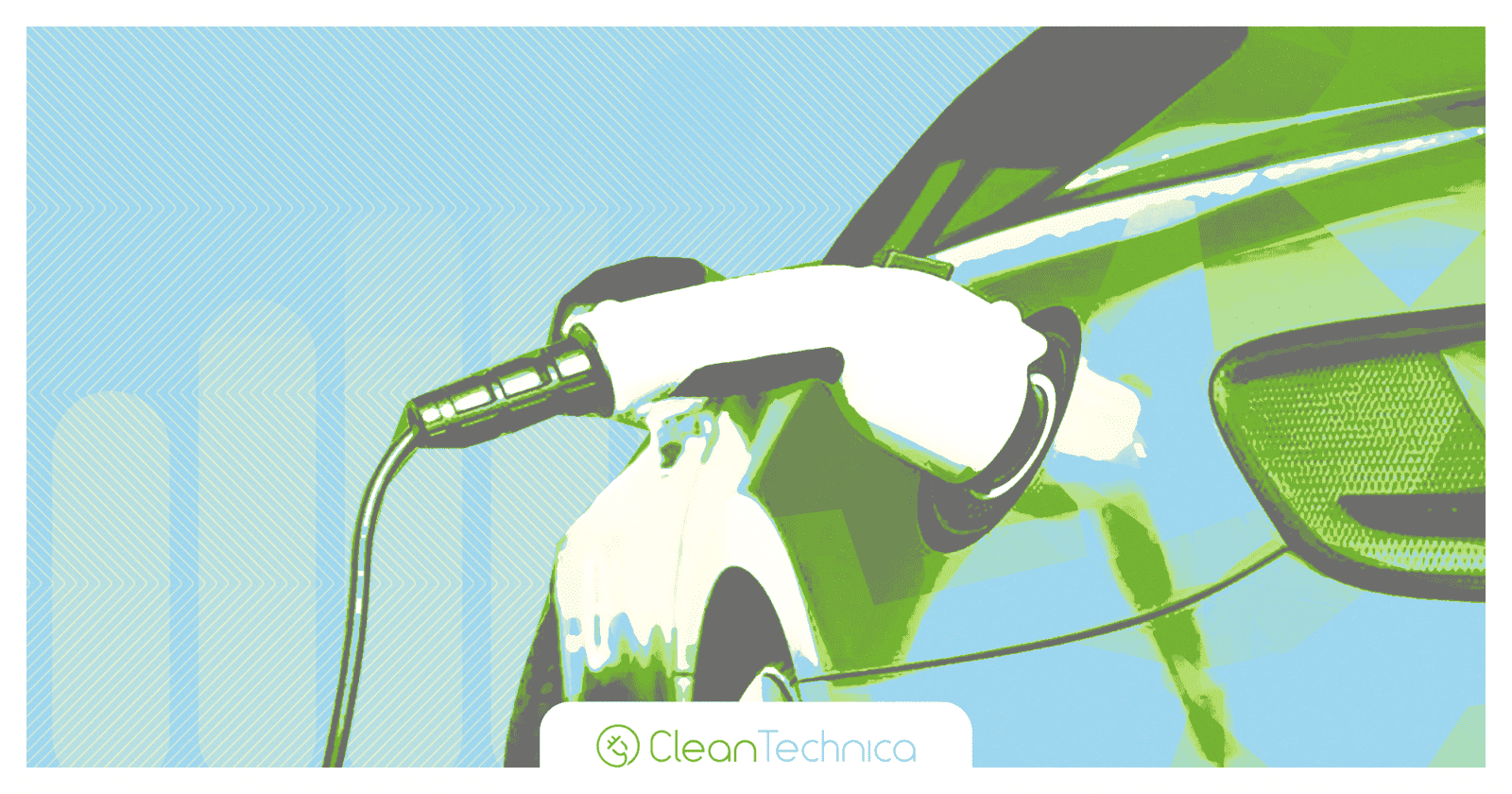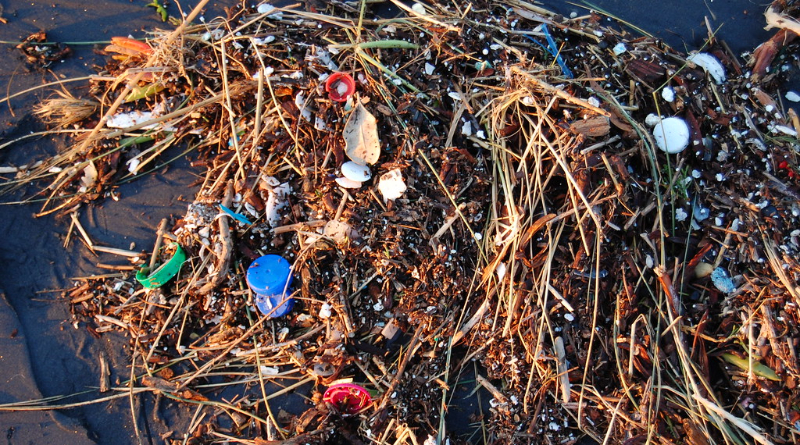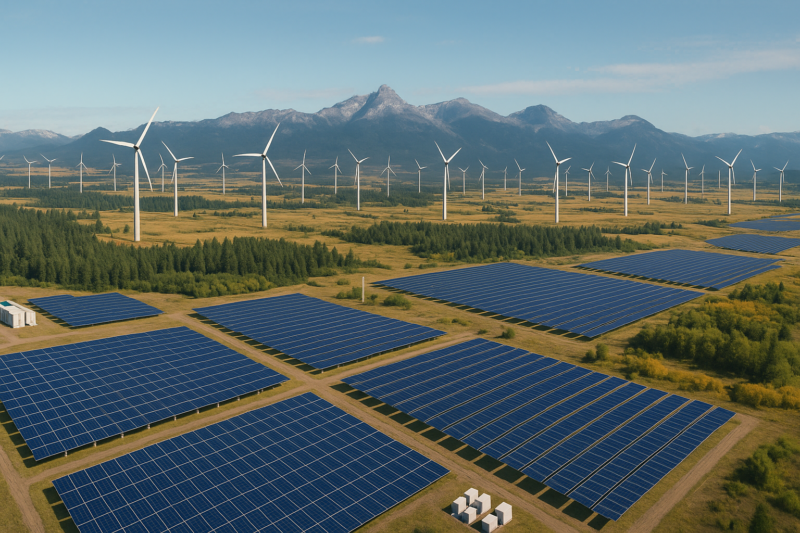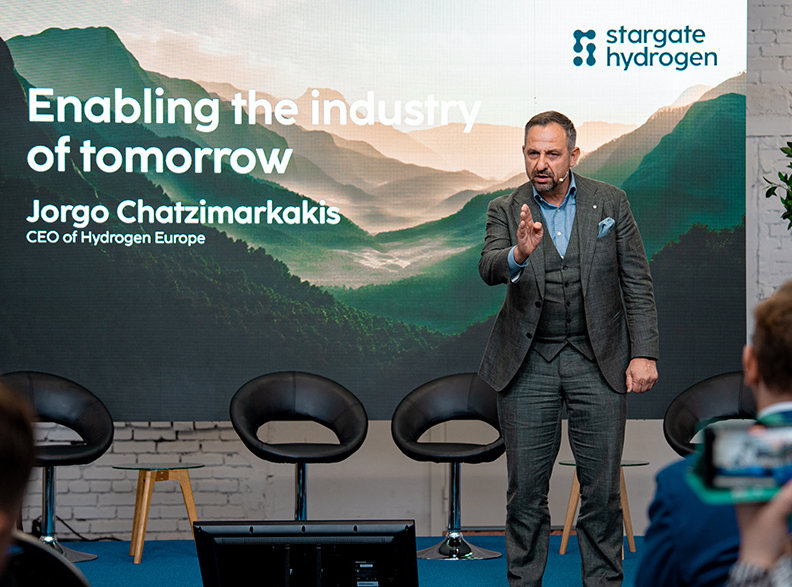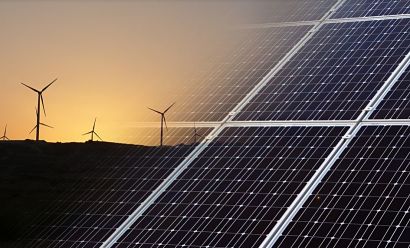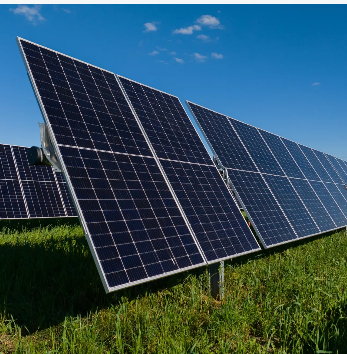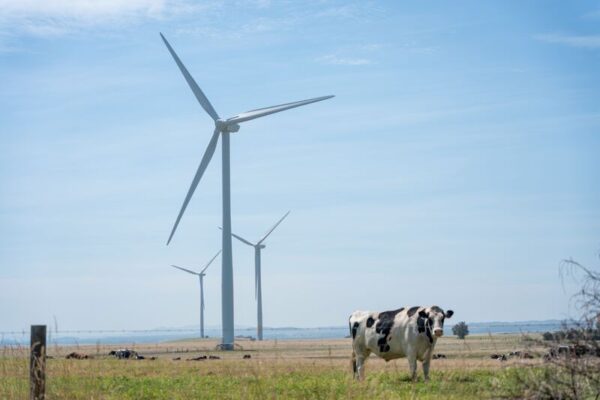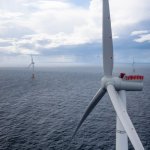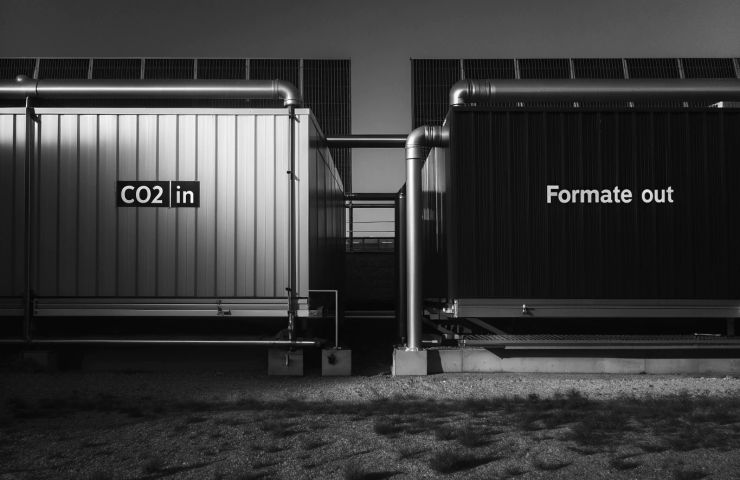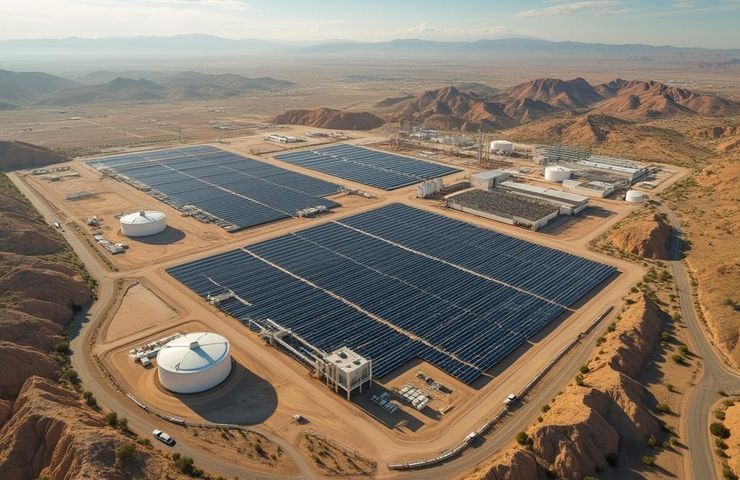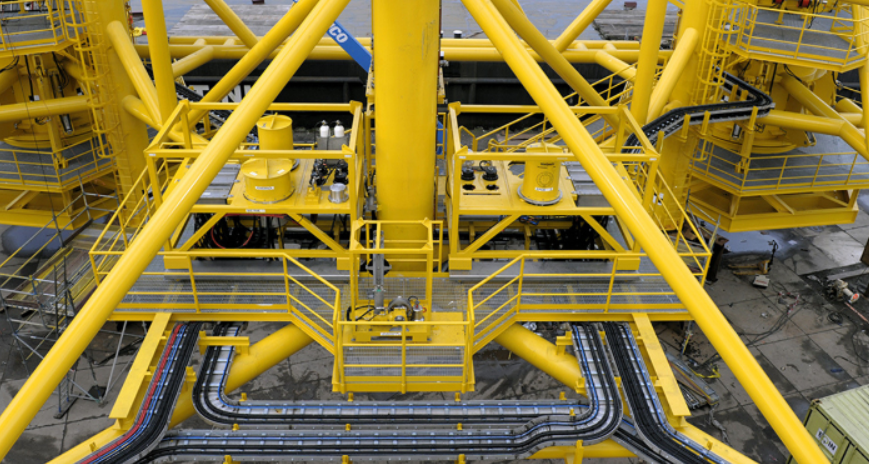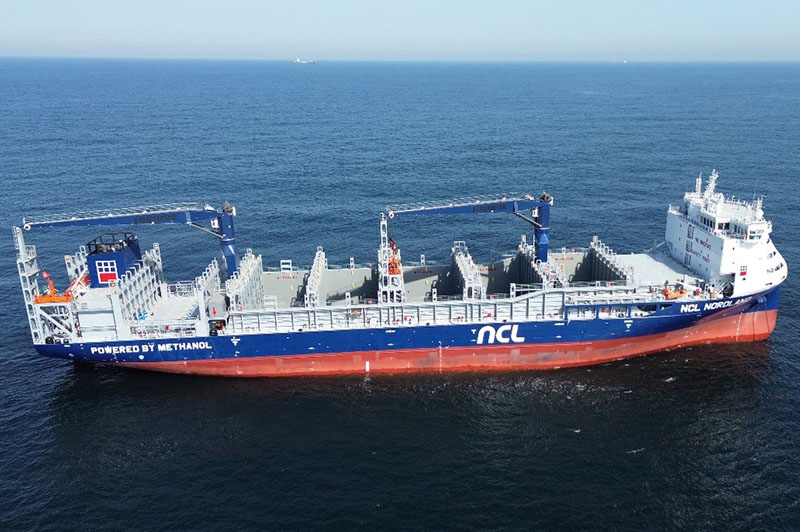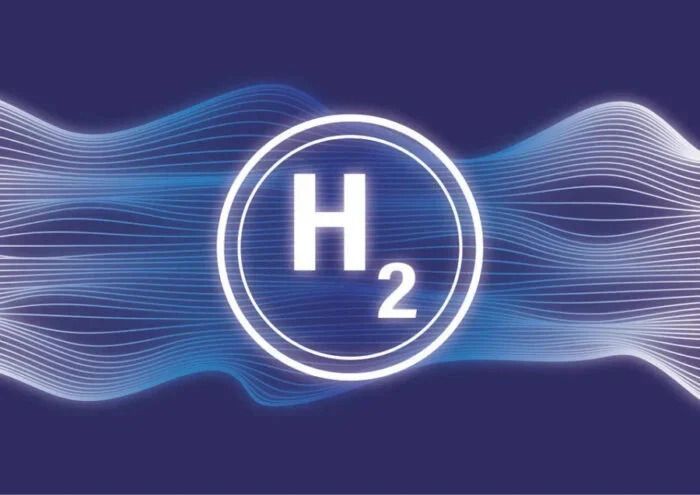Stopping Russian aggression means rejecting its fossil fuel exports – and, ultimately, switching to renewables
Three years after Russia’s full-scale invasion of Ukraine, Paul Hockenos compares the efforts of the EU and the US in view of weaning from Russian fossil fuels. On the ground, Ukraine’s transition to distributed renewables already rhymes with resilience against the aggressor. ‘Now climate protection and geosecurity are irrevocably linked. They are one thing – and this changes everything,’ German think-tanker R. Andreas Kraemer of Ecologic Institute explained at the onset of Russia’s full invasion of Ukraine in February 2022. His rationale: Russia’s export fossil fuels to Western Europe fills the coffers of the Russian autocrat Putin with means for his war efforts – and therefore must end. Also, Europe’s reliance on Russia for such a large volume of its energy is obviously irrational as it endows Moscow with inordinate power over Europe, a lever that Putin had already made use of on several occasions. The logical upshot: Europe has to drop Russian fossil fuels as quickly as possible – to drain Russia’s war chest and make itself independent of Russian energy leverage. In the …
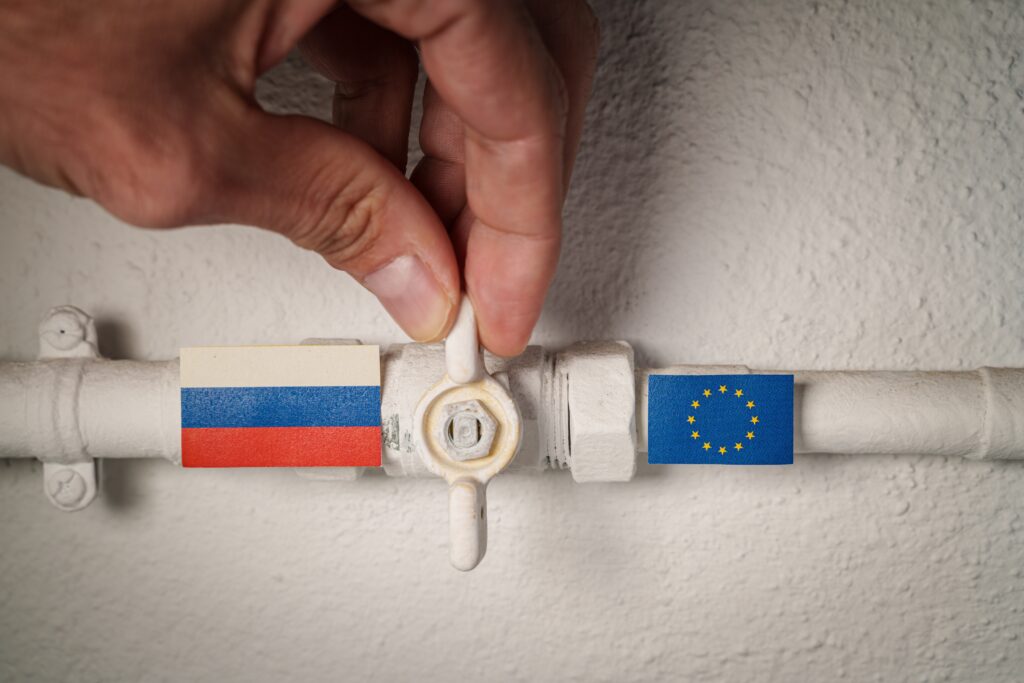
Three years after Russia’s full-scale invasion of Ukraine, Paul Hockenos compares the efforts of the EU and the US in view of weaning from Russian fossil fuels. On the ground, Ukraine’s transition to distributed renewables already rhymes with resilience against the aggressor. Credits: Ivan Marc, All rights reserved. ‘Now climate protection and geosecurity are irrevocably linked.
What's Your Reaction?













